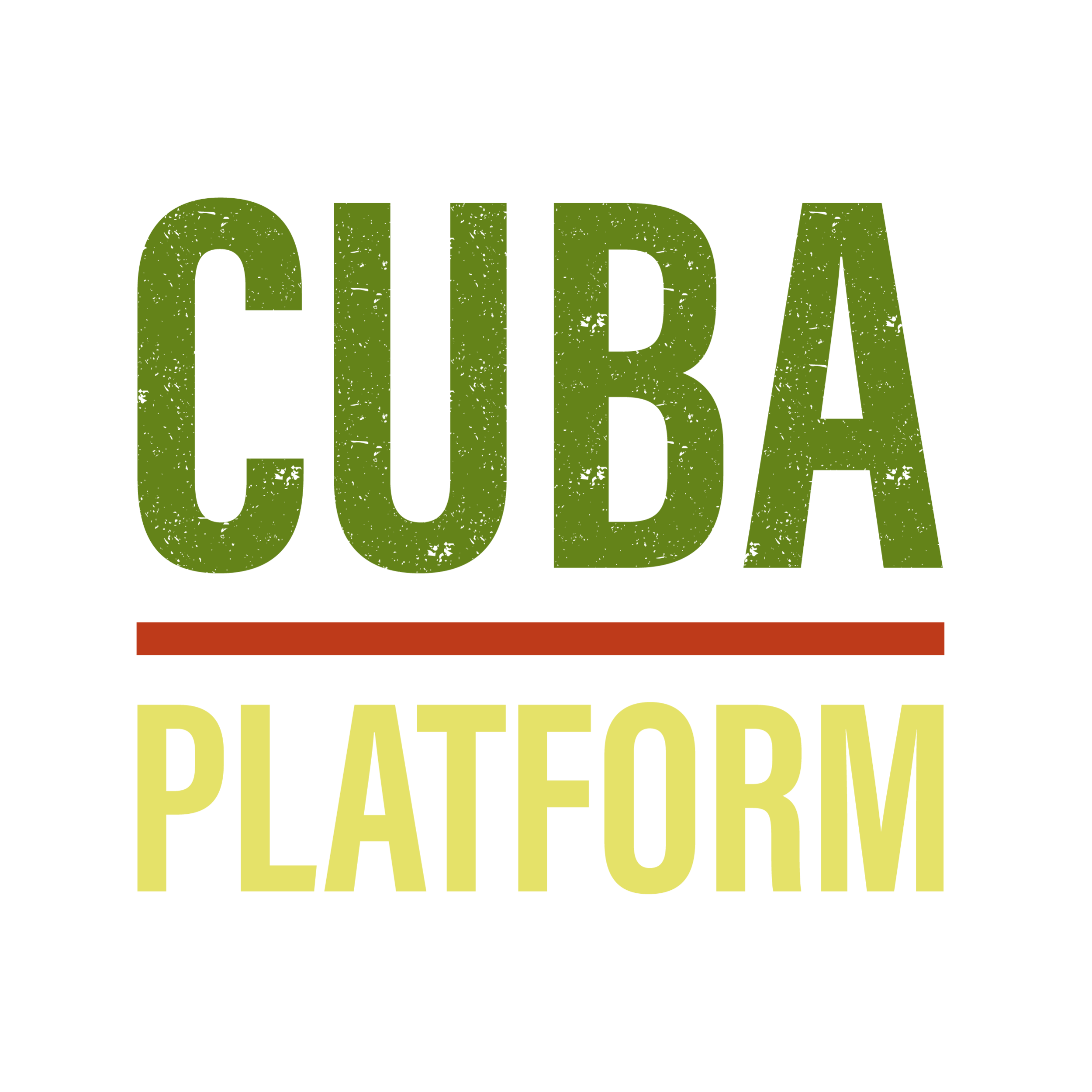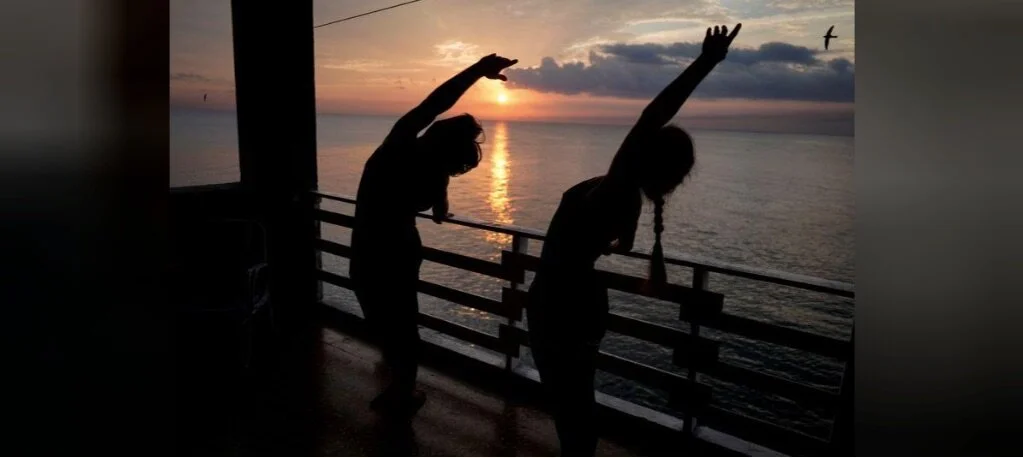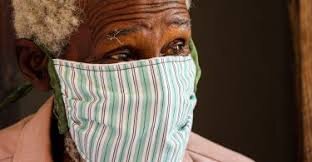At the end of last week, a group of institutions published the results of the first national workshop on care studies in Cuba. The report reminds us how important a case study care in Cuba is for the international community.
Read MoreThis week, as the U.S. economy plummets and the global count of COVID-19 cases continues to climb, Cuba sees a new localized outbreak of COVID-19; debates buzz about the island’s economic reforms; a Cuban drug is approved for use with coronavirus patients; the country opens the door to transgenic crops; and U.S. musician, actor and activist Harry Belafonte – who inspired a generation of Cuban artists – receives a Friendship award from the Cuban government.
Read MoreOne year ago we convened a group in Cuba to explore issues of Othering + Belonging with john a. powell of UC Berkeley’s Institute for Othering + Belonging. Participants included a dynamic group of Atlantic Fellows, colleagues of john’s, Cuban counterparts, and other changemakers. We were delighted when Dr. Tania Singer, a renowned neuropsychologist, whose work on empathy and compassion we’d been following, agreed to join. Today, we are excited to release a podcast that continues a conversation that began during this trip.
Read MoreAs Cuba continues to move farther and farther ahead of its neighbors in North and Latin America on containing the virus, it too is facing pressing concerns around climate change.
Read MoreWe hope that this week’s updates on Cuba’s progress and challenges in the areas of COVID-19, equality, and well-being will feed your thinking on what might be possible, and how it can be achieved
Read MoreIn this, the 16th week of #CaringinCrisis, Havana moves to a "new normal”, faces ongoing challenges of economic recovery, and with heavy hearts we report the death of an unarmed young Cuban during a conflict with the police.
Read MoreThis week a round-up of Covid-19 news and numbers followed by a look at new innovations coming out of Cuba.
Read MoreAfter a short update on Cuba’s response to COVID-19, we turn to the topic of gender in Cuba and share a reflection from Havana on the project to transform masculine stereotypes and paternal practices.
Read MoreMessages of solidarity with #BlackLivesMatter from Cuba and a short update on Covid-19 in the island.
Read MoreToday would have been Breonna Taylor's 27th birthday. Click here to sign the petition to hold the officers accountable for her murder.
Read MoreAlmost thirty years ago, facing the collapse of the Soviet Union and the sustained blockade imposed by the United States, we experienced a 35 percent drop in Gross Domestic Product (GDP), along with extreme food shortages and fuel scarcity. Those were tough years. However, they also represented an opportunity to learn, and to promote personal, community and institutional transformations.
Read More
On May 6, the Cuba Platform hosted a virtual screening of our short film, Martica, a Family Doctor, followed by a discussion on Cuba’s response to COVID-19 with Rodney González of the Cuban Embassy in Washington, D.C.
Read MoreCuba’s Special Period brought significant hardships and positive trasnformations. What are resources developed during that period that the island continues to draw on?
Read MoreWhat new and old resources does Cuba pull from to respond to the Covid-19 pandemic?
Read MoreUpdates on Cuba’s first steps to recovery and link to reflections on what the future may hold.
Read Morewe share the latest news on Cuba during coronavirus, touch on issues of food and agriculture, and share messages from colleagues from Cuba’s agroecology movement.
Read MoreOn this May 1st, we hold in our hearts and minds all of those whose work is sustaining us.
Read MoreSelf-care, but make it collective. The latest news from Cuba, notes on international medical cooperation, and three special messages from Havana on the importance of self-care and visibilizing women’s care work, especially during the era of coronavirus.
Read MoreThis week we share the latest updates related to the coronavirus in Cuba, take a look at the issue of aging and care, and feature special advice for caregivers from Cuban specialists.
Read More



















